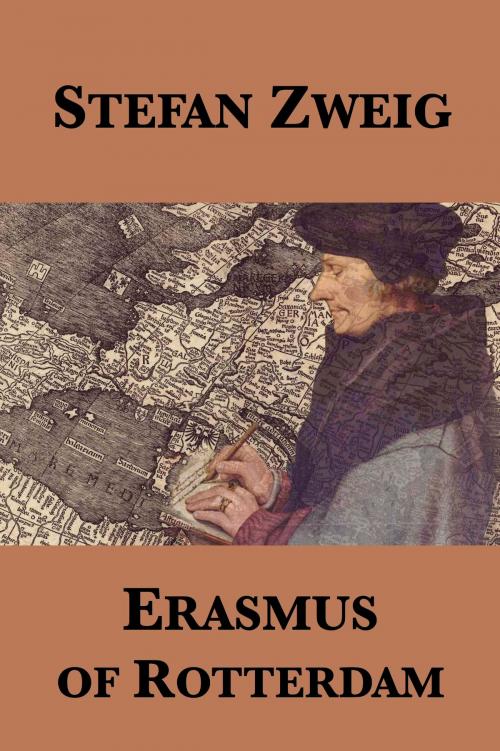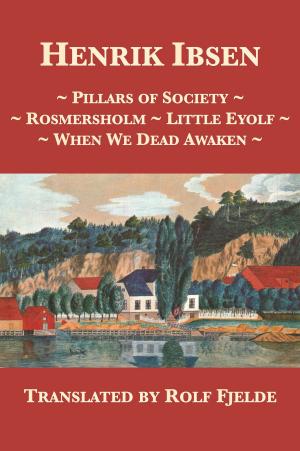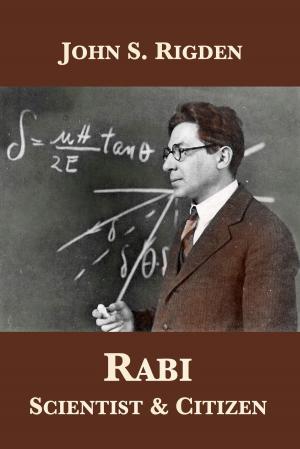| Author: | Stefan Zweig, Eden Paul, Cedar Paul | ISBN: | 1230000697101 |
| Publisher: | Plunkett Lake Press | Publication: | October 1, 2015 |
| Imprint: | Language: | English |
| Author: | Stefan Zweig, Eden Paul, Cedar Paul |
| ISBN: | 1230000697101 |
| Publisher: | Plunkett Lake Press |
| Publication: | October 1, 2015 |
| Imprint: | |
| Language: | English |
This Plunkett Lake Press eBook is produced by arrangement with Viking, an imprint of Penguin Publishing Group, a division of Penguin Random House LLC.
Hailed as a parable for modern times, Erasmus of Rotterdam is the biography of a great humanist who, when pressed for a confession of faith, said, “I love freedom, and I will not and cannot serve any party.” At no time does Zweig mention Hitler by name, but it is obvious that his biography of a man who tried to remain above the battle, and who was torn to pieces by both Lutherans and Catholics, was aimed to illustrate the predicament of a man who refrains from activism and prefers to focus on his work.
Erasmus believed in a united Europe, and thought that Luther was splitting it in two. He first tried to reconcile the Pope to Luther’s Wittenberg theses, then to bring the German Protestants together with the representatives of Rome. Zweig portrays a steadfast Erasmus, unwilling to let emotion betray the lucidity of his thought, who knew he was the most famous intellect of his age, and evaded any commitment that would bring a host of enemies down upon his head. In Erasmus, Zweig may have seen parts of himself. (adapted from “Book of the Times” by John Chamberlain, *The New York Times*, November 2, 1934)
“Under Zweig’s magic pen Erasmus leaps into vital existence... The books is a quietly astounding bit of biographical and historical achievement.” — Percy Hutchison, ***The New York Times***
This Plunkett Lake Press eBook is produced by arrangement with Viking, an imprint of Penguin Publishing Group, a division of Penguin Random House LLC.
Hailed as a parable for modern times, Erasmus of Rotterdam is the biography of a great humanist who, when pressed for a confession of faith, said, “I love freedom, and I will not and cannot serve any party.” At no time does Zweig mention Hitler by name, but it is obvious that his biography of a man who tried to remain above the battle, and who was torn to pieces by both Lutherans and Catholics, was aimed to illustrate the predicament of a man who refrains from activism and prefers to focus on his work.
Erasmus believed in a united Europe, and thought that Luther was splitting it in two. He first tried to reconcile the Pope to Luther’s Wittenberg theses, then to bring the German Protestants together with the representatives of Rome. Zweig portrays a steadfast Erasmus, unwilling to let emotion betray the lucidity of his thought, who knew he was the most famous intellect of his age, and evaded any commitment that would bring a host of enemies down upon his head. In Erasmus, Zweig may have seen parts of himself. (adapted from “Book of the Times” by John Chamberlain, *The New York Times*, November 2, 1934)
“Under Zweig’s magic pen Erasmus leaps into vital existence... The books is a quietly astounding bit of biographical and historical achievement.” — Percy Hutchison, ***The New York Times***















